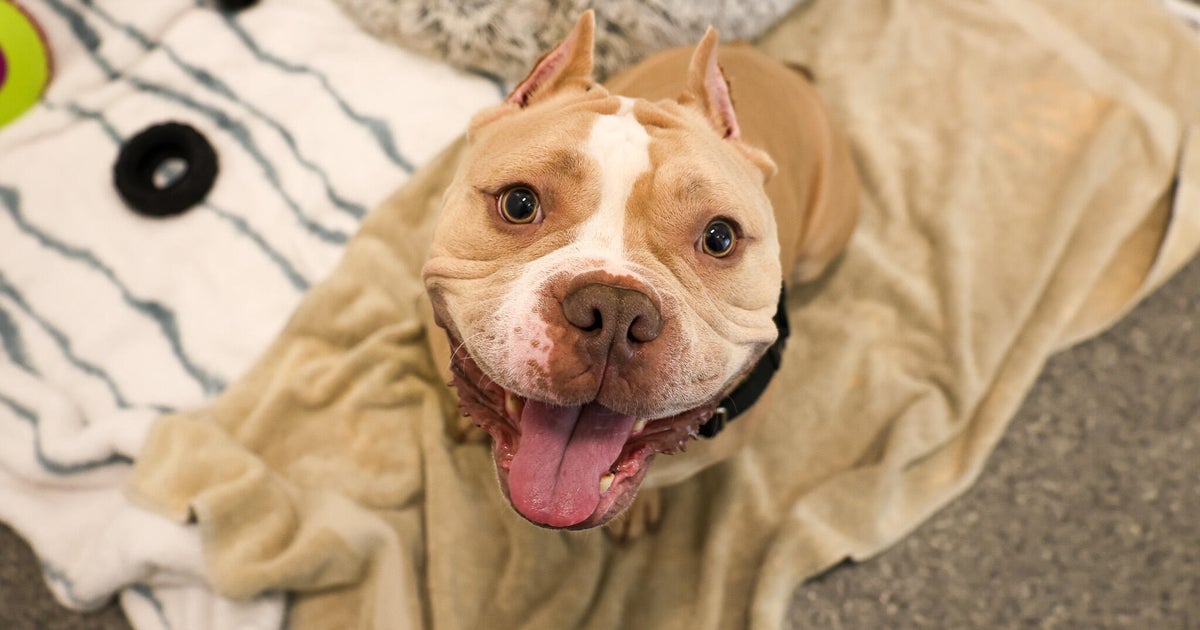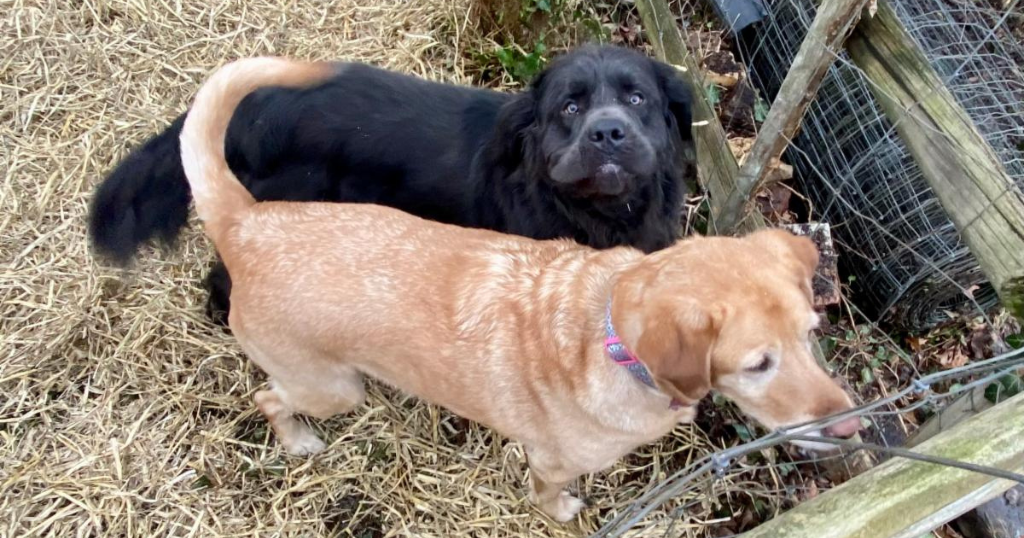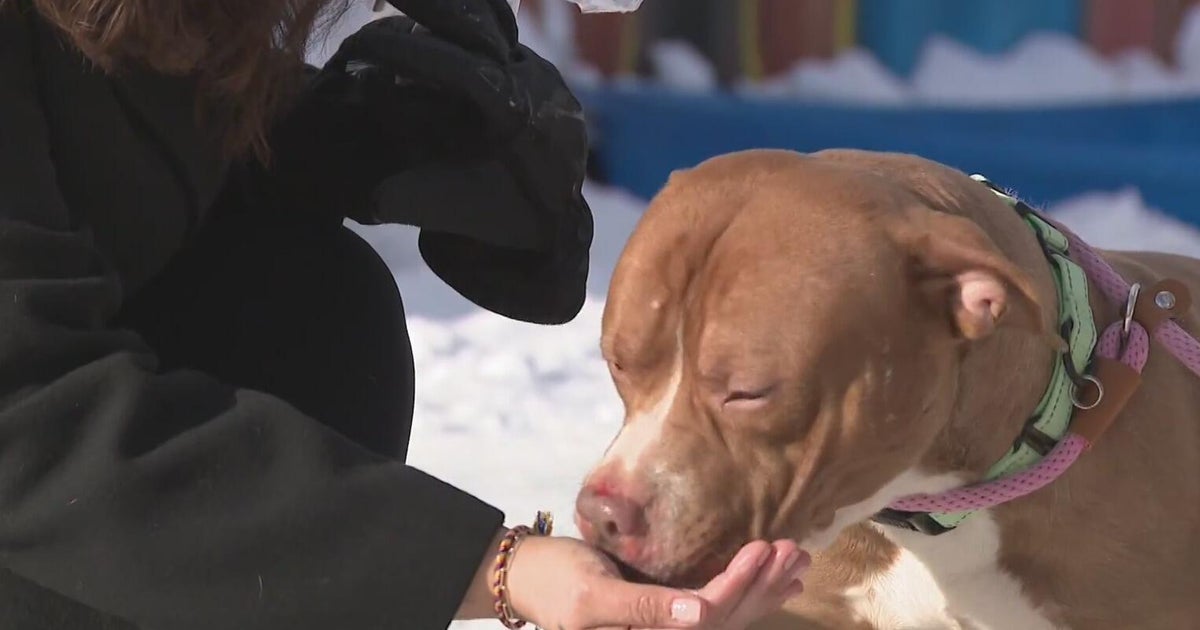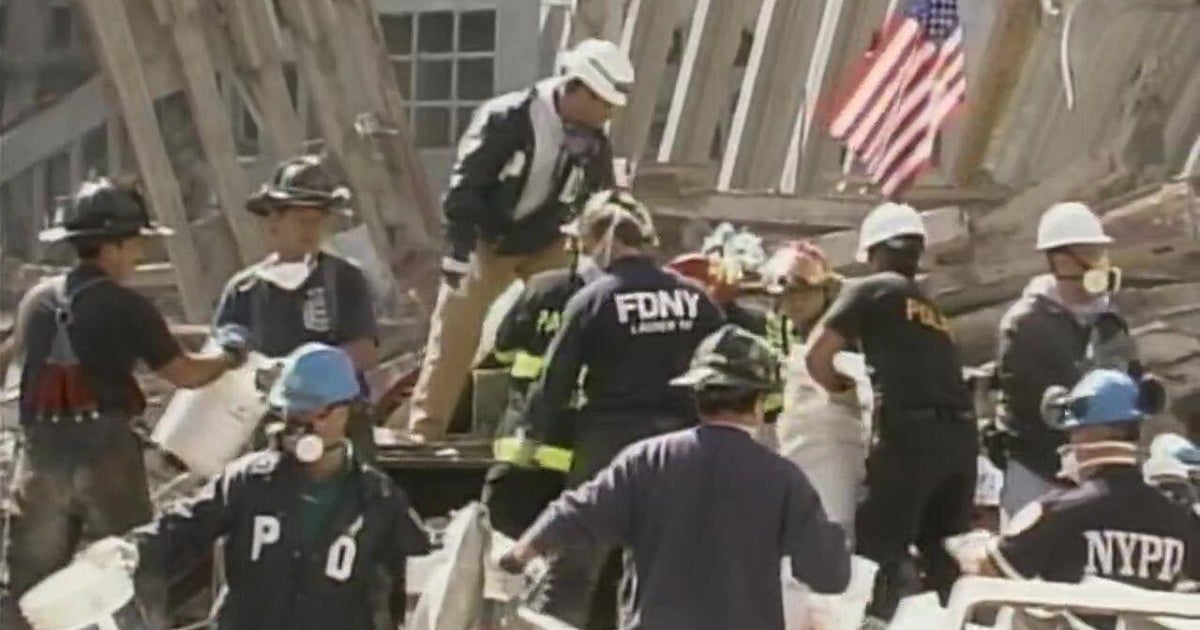Seen At 11: Horrors Of Combat May Affect Military Working Dogs As Well As Owners
NEW YORK (CBSNewYork) -- Dogs have been an important part of the United States military for decades. One even helped aid in the killing of Osama bin Laden.
But according to doctors, these combat canines return from war many of them are suffering from some of the same health problems that are on the rise in their human counterparts.
Military working dogs are trained to jump out of helicopters, repel down walls, swim long distances, and sniff out bombs from up to two miles away.
"We're not always going to be able to crack open a door and go in, so a dog has to be able to hit it," Staff Sgt. Chad Atchnley told CBS 2's Maurice Dubois.
However, no matter how much preparation a war dog receives, the combat experience can still be traumatic. Months of exposure to explosions, helicopters, gunfire, chaotic situations, and death can take a toll. An increasing number of dogs are returning home from war with post-traumatic stress disorder, according to veterinarians.
"Let's say they're doing a detection task. They're missing stuff they normally wouldn't miss. They're making mistakes they just wouldn't make," explained Dr. Walter Burghardt.
Veterinarians first suspected canine PTSD in 2007. It is now an official animal condition which can shatter a dog's nerves and undercut combat effectiveness.
It's estimated that at least 10 percent of the dogs that have been sent to Iraq and Afghanistan have developed PTSD, and like their human counterparts, dogs can be treated with training, conditioning, and medication like Xanax.
Experts told CBS 2 that there may also be a correlation between a handler getting PTSD and a dog developing it as well.
"I've been to Iraq with a dog. I've been on Secret Service missions protecting the president and the vice president with a dog, and the jobs that these dogs do is irreplaceable," one handler told CBS 2.
The United States War Dog Association is located in Burlington, N.J. The organization sends packages to war dogs and their handlers who are deployed overseas.
You may share your thoughts in our comments section below...







